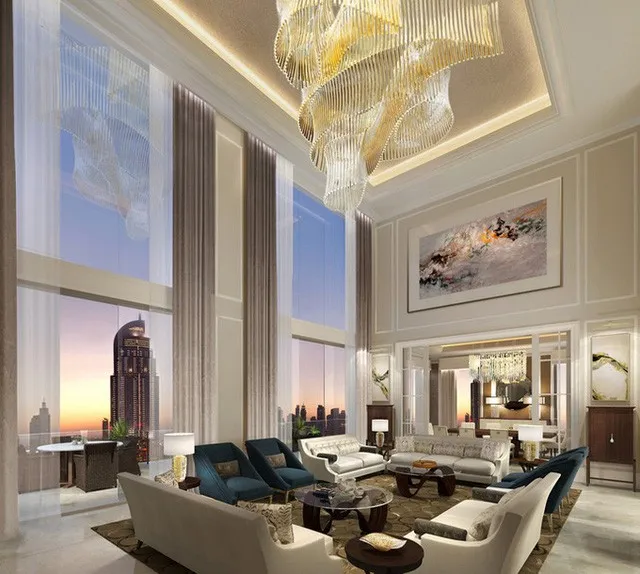
No wave in foreigners buying
According to the Ho Chi Minh City Real Estate Association (HoREA), the sale of houses to foreign organizations and individuals in the last five year period from 2015 to 2020 included 17 major real estate corporations and enterprises, with a total of 12,335 houses and apartments that were sold. In Ho Chi Minh City alone 10,020 houses and apartments were sold. According to HoREA, assuming these 17 groups and enterprises account for 70% to 80% of the market share of houses sold to foreign individuals, it is possible to estimate the number of houses that foreigners have bought in the past five years nationwide to about 14,800 to 16,000 units.
Compared with the data in the ten year national real estate market report from 2009 to 2019 period of the Ministry of Construction, there are 5,000 housing projects with 3,774 million houses, an average of 787,000 houses. Compared to the number of 16,000 homes bought by foreigners in the past five years, it comes to only 2% of total housing units.
With this analysis, HoREA believes that the market has not seen such a huge surge in foreigners buying houses in the last five-year period, as some concerns have raised. In fact, only projects in urban areas, residential areas, high-end, modern apartment buildings with full services, utilities, security and safety and convenient transportation can attract foreigners who choose to live or buy a house. HoREA has now sent a document to concerned authorities to comment on whether or not to extend the ceiling on home ownership to commercial housing projects for foreign organizations and individuals, and include buying of condotel apartments as well.
Currently, investors of housing projects have strictly complied with the 30% ceiling limit on the number of apartments sold to foreigners. Some projects have reached 30% such as Gateway Thao Dien, Nassim, Thao Dien Pearl, where foreigners have switched to signing 50-year long-term housing lease. HoREA assessed that the implementation of the policy for foreigners to own houses initially had a positive impact on the real estate market, and not too much negative impact on middle-income and low-income people. Therefore, HoREA proposes to keep a ceiling limit on the number of foreigner houses to no more than 30% of the number of apartments in an apartment building.
Curbs in foreigner buying house
At present there is a tendency to shift foreign investment flow into our country, leading to the possibility of bringing in many foreign experts and managers to live in some localities. Based on this fact, HoREA proposes to delegate authority to the Provincial People's Committee to decide the proportion of foreigners that can own houses in a ward administrative unit in accordance with the local situation. In case the number of foreigners owning houses in a ward administrative unit is more than 20%, the People's Committee of the province must report to the Prime Minister for consideration and final decision.
According to Mr. Le Hoang Chau, Chairman of HoREA, it is necessary to review the regulations if separate housing includes villas or townhouses in an area with the same population as the ward administrative unit, because it is difficult for the ward People's Committee to control and execute responsibilities, and housing project developers also find it difficult to comply with this regulation.
Another shortcoming is that in the area of a ward administrative unit, if a project has a number of individual houses less than 2,500 units, foreign organizations and individuals can only own no more than 10% of the total houses in that project. According to HoREA, this ceiling limit is low and inappropriate for some wards with a high concentration of foreigners. For example, Phu My Hung New Urban Area with a scale of over 400ha in Zone A is mainly located in Tan Phong and Tan Phu wards of District 7, but has 114 projects with 21,845 houses. In these two wards, there are other businesses that are implementing many commercial housing projects, so the ceiling limit is not consistent with the fact that District 7 currently has about 20,000 foreigners, permanently residing mainly in the Phu My Hung urban area.
Foreigners with high income, when buying a house tend to live together, and choose high-end apartment projects in areas with full services, utilities, security, safety, and convenient traffic. In Ho Chi Minh City, foreigners concentrate on living in some areas such as the central wards of District 1; ward 19 and ward 25 in Binh Thanh District; and Thao Dien, An Phu and Binh An wards in District 2.




















